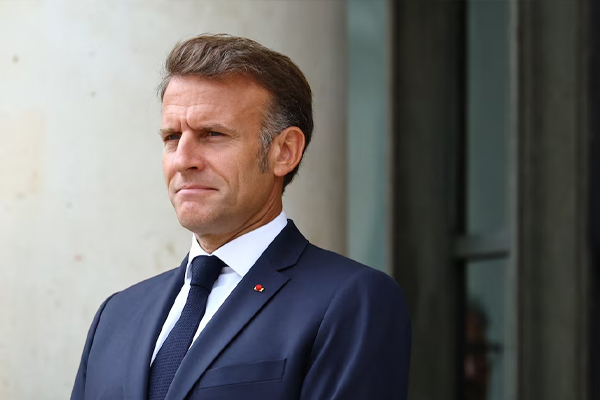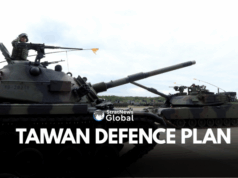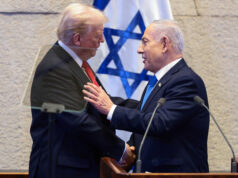
“The big question of our time is how the US sees the Indo-Pacific,” said a European diplomat recently.
It’s a question being asked in a swathe of capitals ranging from those in the Indo-Pacific to Southern Asia and of course Europe. It flows from what are seen as the contradictory postures of the Trump administration towards the region.
Thus, there are demands from Washington that the states of the Indo-Pacific including long-standing allies and partners like Japan, South Korea and the Philippines, spend more on defence to counter China.
At the same time, USAID has been dismantled and there’s no commitment on advancing the Indo-Pacific Economic Framework. Worse still, is the tariffs and penalties being slapped on Tokyo, Seoul and others.
What Trump intends to do with AUKUS (now under review) or the Quad is not clear. Add to that, his assault on the India relationship threatens to undo two decades of diplomatic blood and treasure.
For France, Trump’s trajectory suggests a power vacuum could be shaping up in the Indo-Pacific, which is not a prospect it looks forward to. It is often forgotten that France is an Indo-Pacific power with 1.6 million citizens in that region.
More than that, French territories include the second largest exclusive economic zone in the world garrisoned by an estimated 7000 military personnel. Paris cannot do more given its own constraints, which is why the US military and naval presence in the Indo-Pacific provided some insurance. Not any more and the horizon is looking crowded.
“China is a huge actor,” said a European diplomat, “and it is entering the Indo-Pacific. With its massive GDP it represents a challenge.”
Witness China’s power play in the Solomon Islands where elements of its oppressive surveillance state are being transplanted. Add to that the activities of its infamous fishing fleets bottom trawling in Pacific seas.
But there is something else adding to the growing unease in Paris.
“France has not only economic interests in the region (Indo-Pacific), it also has some security interests given the presence of North Korean troops in Ukraine,” was how it was described.
The argument is that if North Korean troops and equipment could be deployed in the battlefields of Ukraine courtesy Russia, why not the Indo-Pacific which is so much closer. But at whose behest, China’s? The idea may appear fantastic, but nobody reckoned with the North Koreans in Ukraine.
Looked at from Paris, two factors stand out: China’s steady strategic expansion into the French sphere in the Indo-Pacific, at a time when Donald Trump shows every sign of not wanting to get involved in any significant manner to counter it.
The thinking in Paris is that building partnerships in the region maybe the best way to secure its interests. Such partnerships, it is argued, would help reinforce sovereignty over its own territories, something which would also work for its partners. This is where the India relationship comes in.
“There is a lot of trust between India and France,” said a diplomat pointing to the steadily expanding relationship between the two capitals. The political understanding is being shored up at the military level with a clutch of recent defence contracts including for the Rafale fighter and jet engines.
This also extends to cooperation in trade and infrastructure where there is potential for de-risking from China. Some of these discussions also involve Europe, for example in maritime corridors and in reinforcing port safety. Incidentally, France has opened a Centre for Maritime Studies in Rajasthan.
“We must do things together,” is the word from both Paris and Brussels, the seat of the European Union. “We don’t want to get involved with blocs that only divide, let’s do things together.”
Thirty eight years in journalism, widely travelled, history buff with a preference for Old Monk Rum. Current interest/focus spans China, Technology and Trade. Recent reads: Steven Colls Directorate S and Alexander Frater's Chasing the Monsoon. Netflix/Prime video junkie. Loves animal videos on Facebook. Reluctant tweeter.




